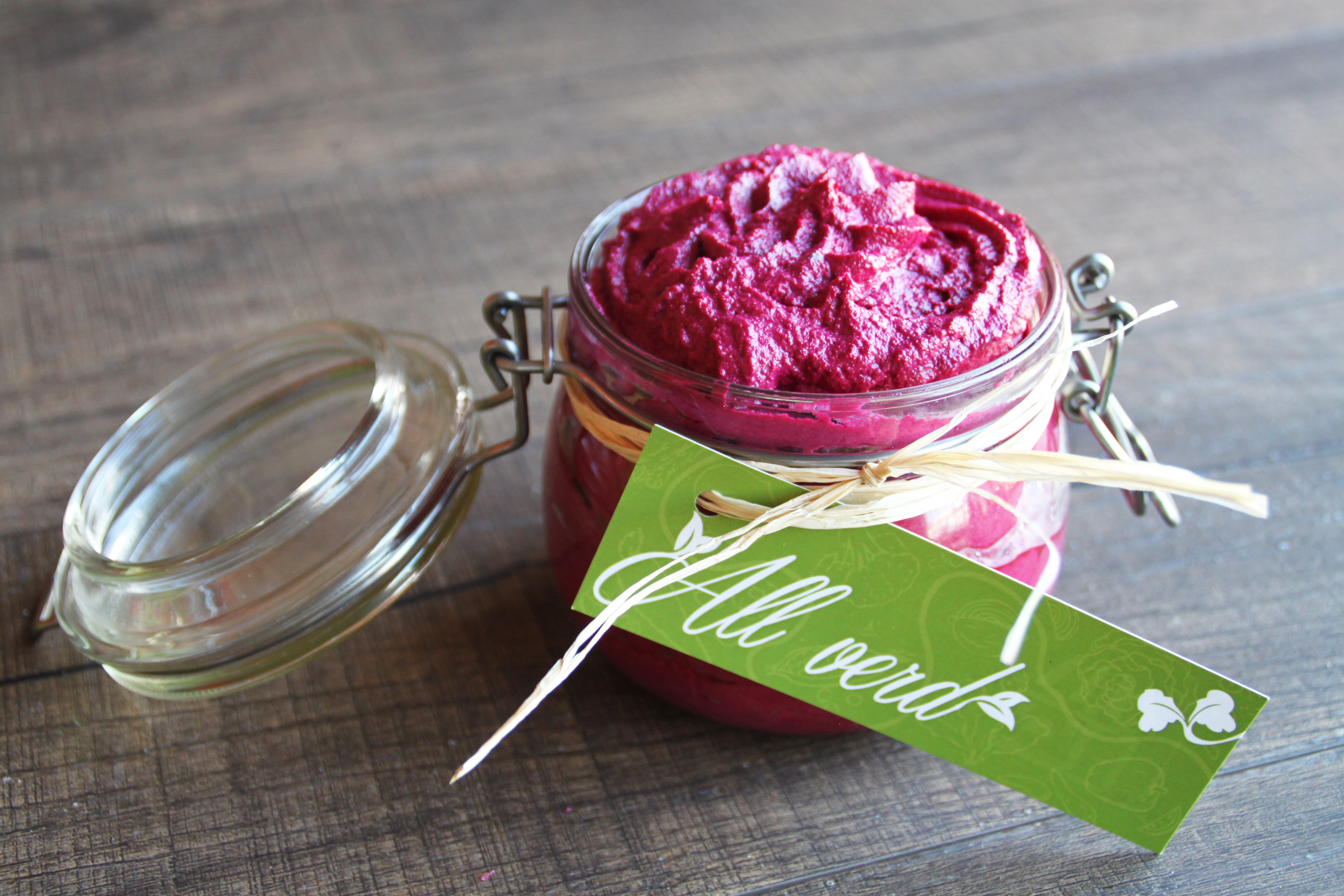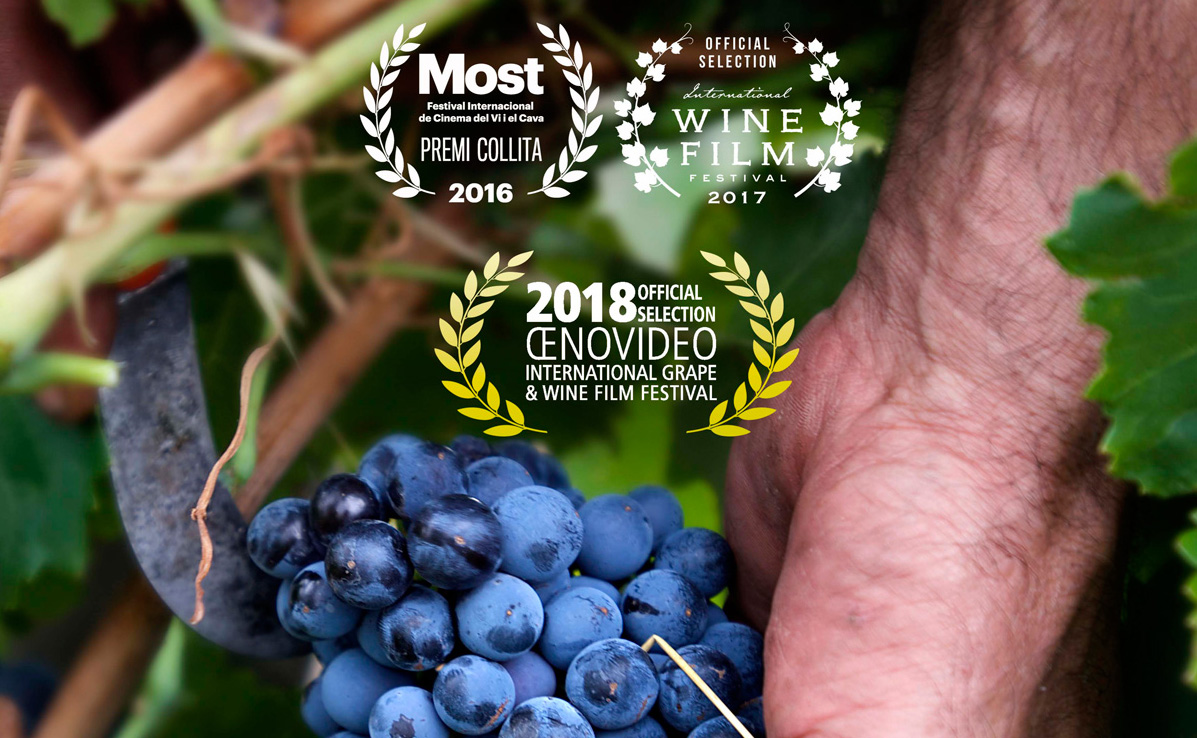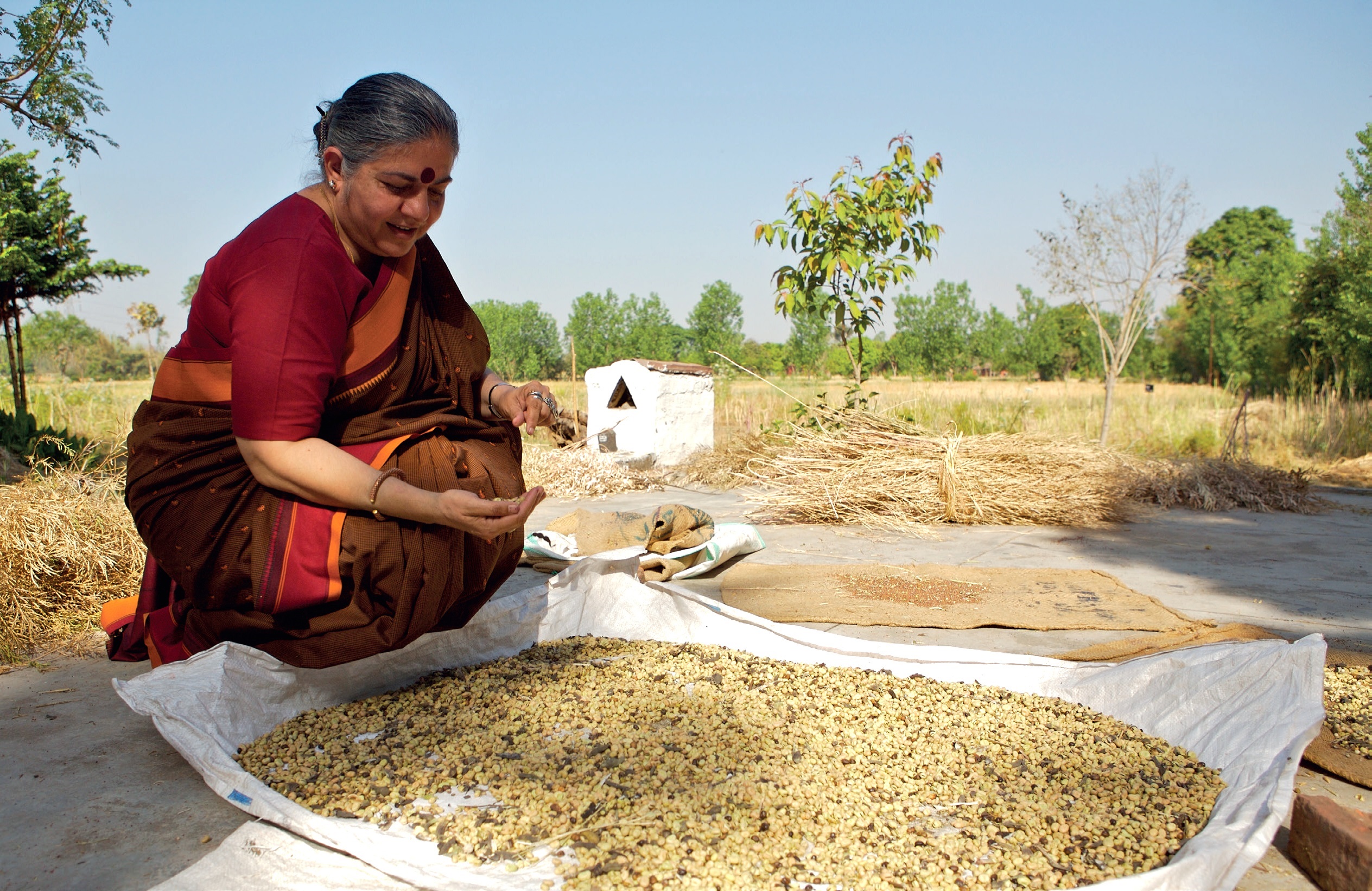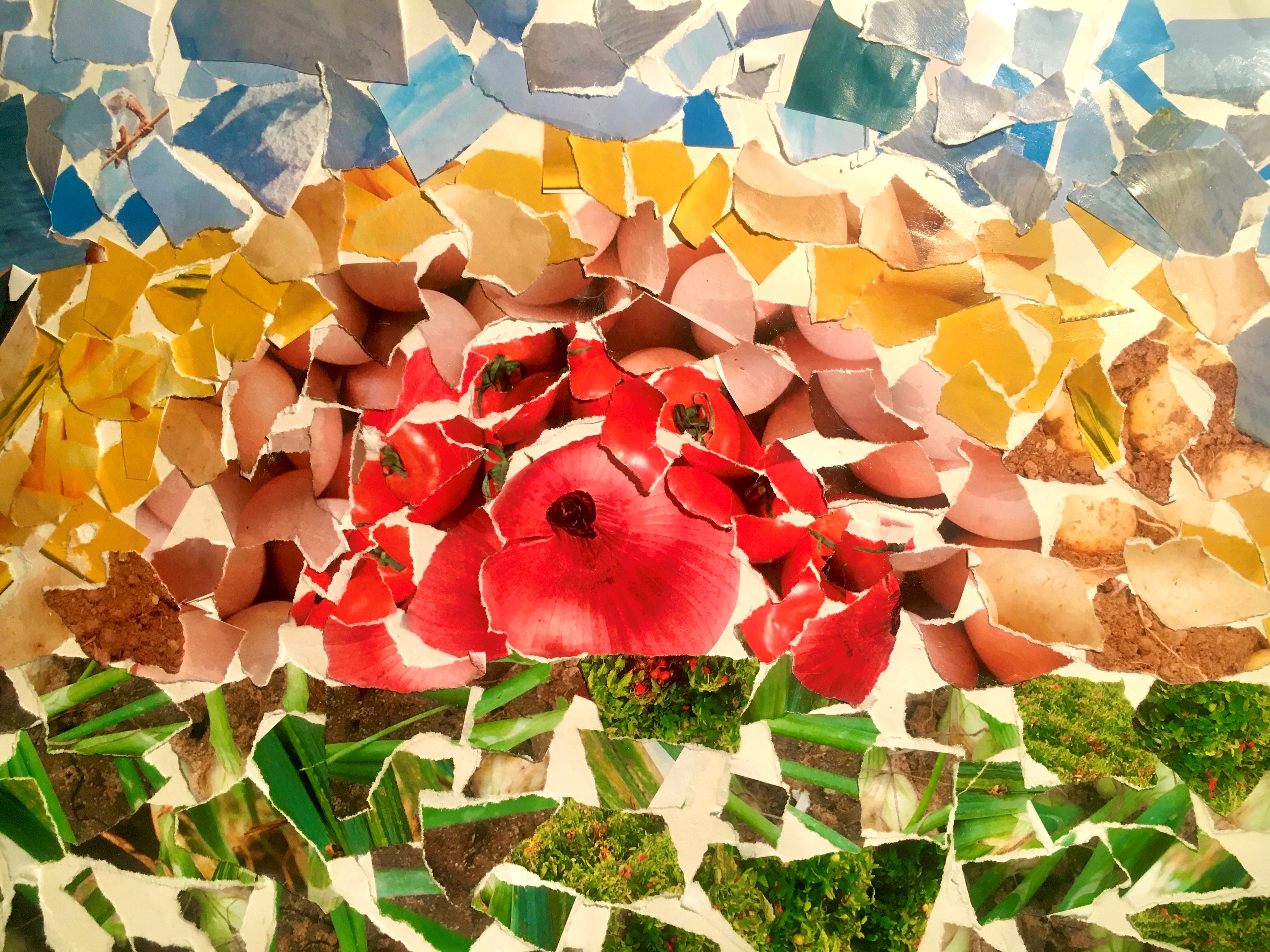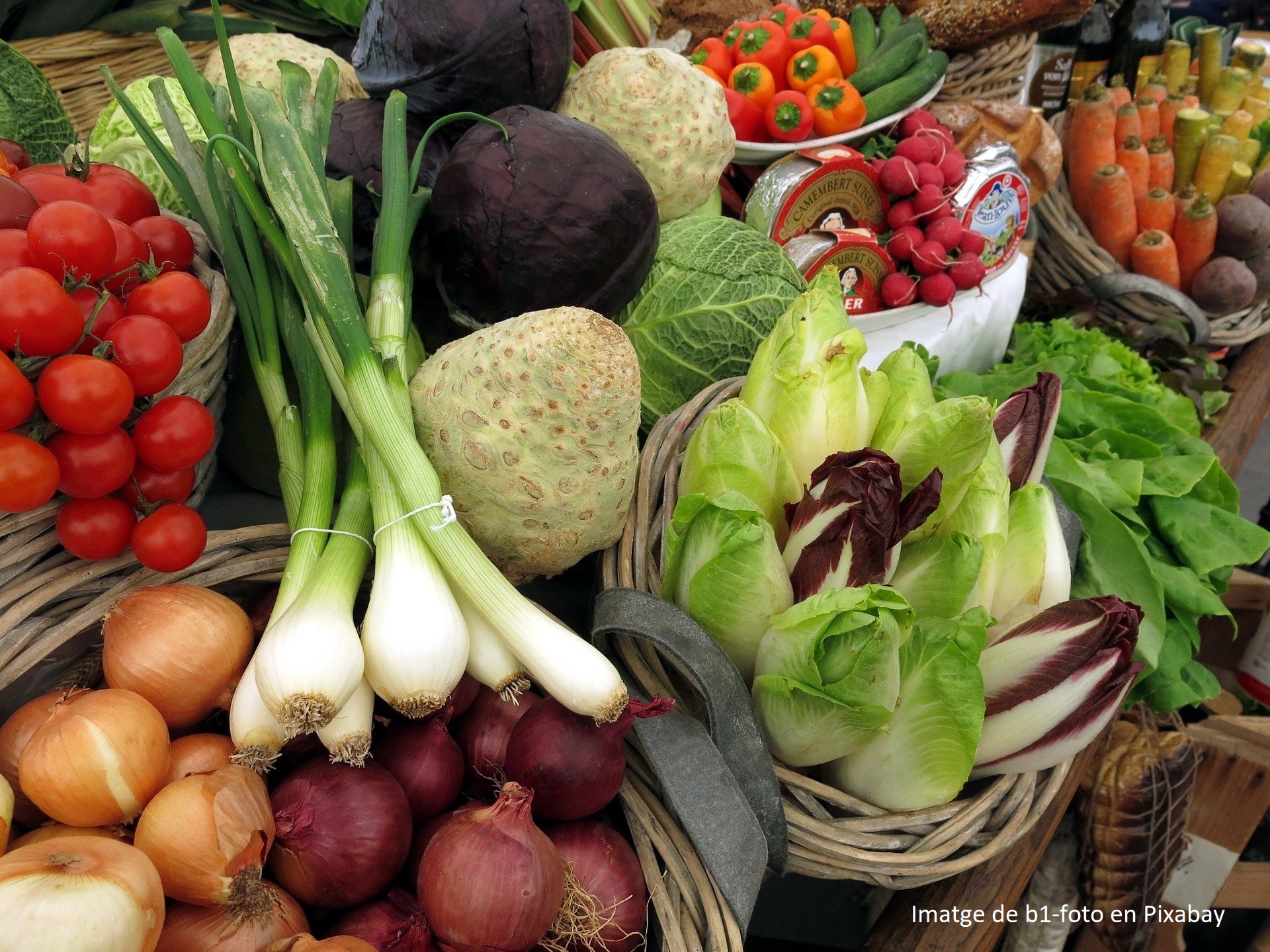Doing it for the pleasure of caring for ourselves and finding a balance, without restrictions or feelings of guilt.
A healthy relationship with food, making the most of seasonal produce and letting creativity into our kitchen, even if it's only for the lunch box we take to work.
We’ll try, using uncomplicated recipes, tastes, aromas and colours. We'll emphasise the importance of colour in our dishes.
Emotions and healthy eating go hand in hand.
Sustainable Food Citizen Week
Video resum de la Setmana Ciutadana de l'Alimentació Sostenible 2021
The activities of the Sustainable Food Citizen Week
Sustainable Food Citizen Week provides an opportunity to understand the relationship between food habits and cross-cutting aspects such as the climate emergency, local economic development, culture, politics, social rights and health. A week dedicated to citizens, in which you will achieve knowledge, reflection and debate about the main issues of the following activities.
Gastronomic heritage
- October 21st - 18.00 HBetevé broadcastingTelevised cooking workshop
- October 22nd - 22.00 H (variable according to betevé programming)Betevé broadcastingDocumentary film season
Documentary on natural wine in Spain. A trip from the north to the south of the country, with the vineyard and wine as the background.
A reflection on natural wine from its producers and opinions from renowned sommeliers.
This activity is part of Betevé's documentary film season, including the films Fermentación espontánea, Taste the waste, Food for change and Il mare piange.So you can combine the documentary with a wine tasting at home, we provide you with a list of wines by order (and time) of appearance.
Minute 01 – Sparkling wine from an ancestral method made in the Alt Empordà. Sparkling wine with unique fermentation.
Minute 05- Red wine from the mountains, made on the north side of the Alpujarra in Granada.
Minute 10 – Mineral and fresh wines made in the Sierra de Gredos (Avila), mainly with Garnacha, also with local white varieties such as Chelva, Albilla Real and Malvar.
Minute 13 – Red wine from the Sierra de l’Albera, in the Alt Empordà, made with Garnacha and Carignan (Lledoner and Samsó).
Minute 16 – White wine with maceration of the skins (orange wine) from Penedès made with Xarello from old vines worked within biodynamic parameters.
Minute 19 – Light red wine made with Sumoll, a native grape of the Penedès. From vineyards surrounded by forests of the Alt Penedès.
Minute 23 - Red wine from Galicia from a heroic viticulture of micro-plots in the Ribera Sacra area.
Minute 27 - White wine from the La Mancha variety and the most planted in the peninsula: Airén, in this case, comes from very old, free standing vineyards.
Minute 31 - Terra Alta red wine, inland Catalonia. From a dry and warm area, with powerful aroma and flavour.
Minute 36 - Wine with Mediterranean expression, made in clay vats in the region of Murcia, from the Tintorera Garnacha grape variety.
Minute 38 - White wine from Montepila grapes from vineyards surrounded by olive trees in Cordoba. - October 29 and 30 from 12.00 to 23.30 H, and October 31 from 12.00 to 22.30 HLa Rambla de Barcelona (between Centre d'Art Santa Mònica and Colom)Market
“Terra i gust” is a gastronomic project that links restaurants with small producers, an initiative from Barcelona City Council and organized by Gastronomia de Proximitat and Slow Food Barcelona, with the support of the Association of Gastronomy and Tourism of Baix Llobregat and l’Hospitalet.
It will be a place for citizens to see the different stakeholders involved in the value chain of local products and sustainability, and to point out the importance of the small artisanal producer, of maintaining traditions and environmentally friendly techniques, highlighting the union with gastronomy.There will be various different spaces:
- Spaces for sustainable gastronomy
- Spaces for beverages, with the participation of the Barcelona Beer Festival, with a selection of craft beers. Natural wines, filtered water, and kombucha will also be served.
- Producers market with seasonal and ecological products.
- There will also be an area for cooking shows, talks and games for kids-
Waste vs Good use
- October 16th - 12.00 HParc de la BarcelonetaTalk
The mission of the NGO Nutrition Without Borders is to contribute to reducing nutrition inequalities throughout the world, in accordance with human rights. They act from the perspective of cooperation, training and empowerment, promoting the balanced use of the world's food resources and solidarity amongst peoples of all nations, in line with the 2030 Sustainable Development Goals.
At Nutrition Without Borders, we are aware of the economic crisis which is affecting some sectors of the population, a factor that increases vulnerability and leads to poverty and social exclusion.
“Sharing food” is an initiative for making the best use of food resources and networking to help prevent food waste and reduce the impact of poverty in the Barcelona Metropolitan Area. The project aims to protect the universal right to food for Barcelona citizens at risk of social exclusion, while also cutting down on food waste and helping reduce the city's ecological footprint to favour the planet. - October 16th - 12.30 HParc de la BarcelonetaWorkshop
What foods are naturally available in each season? How can we maintain a varied, healthy and sustainable diet? This master class guides participants towards sustainable, local and seasonal food. During the session, we will see various strategies for healthy cooking and seasonal food conservation, so we can enjoy them all year round and get the most out of them.
The master class also shares practical ideas for conserving, storing and cooking the food, sharing explanations about the social and environmental importance of our food habits with the audience. Gaining a culture of better food use and providing specific tools for getting the most out of food products. Advice is given on how to eat a complete, balanced diet without dying in the process. Where should we store carrots? What do we do with so many tomatoes? What we can do with summer fruit? If you would like to hear some practical, everyday advice that is fun and visual, don’t miss this class! - October 16th - 17.30 HParc de la BarcelonetaRound table
Relationships of power within the agri-food system and their impact on public policies
For over a decade the loss of food sovereignty has been recognised as a key factor in the impoverishment of the people. This basically affects people living in rural environments, but there is an increasing amount of protest in cities, due to a loss of control and decision-making in terms of what we eat every day.
Due to the situation created by the Covid-19 pandemic, we have become even more aware of the
current food system's inability to respond to the general public's needs, especially in sectors of society with pre-existing inequalities.
All of these conditioning factors of poor diet, together with advertising and labelling, generate health problems in an increasingly large proportion of society.In response to this, alternative initiatives to food banks have arisen in many cities, with a transformative focus on these social inequalities. Likewise, there is a clear need for institutions to include public policies that guarantee access to this human right.
From the perspective provided by food sovereignty, we aim to tackle the capacity and decision-making processes which determine what is produced, where it is produced, how
it is produced and on what scale, as well as how these social inequalities are created.
Urban rurality and biodiversity
- October 19th - 19.00 HVideoconferenceWorkshop, Online
Virtual session offering advice and answering questions about the value of seasonality: food production and distribution models, urban garden planning, and strategies for preserving and extending the availability of products.
Not sure what to do with all the tomatoes you pick from the garden in the summer? Wondering how come you can buy tomatoes from the market all year round? In this session, we will look at the calendar and highlight the seasonal nature of horticultural produce. We will analyse the models of production and distribution of products in the agri-food industry and, at the same time, learn how to make a good plan for starting seeds and planting in our gardens, while discovering strategies for conserving and extending the availability of the products we grow throughout the whole year.This session relates to the following informational clip
- October 19th - 22.00 HBetevé broadcastingDocumentary film season
Seeds of Freedom (Llavors de llibertat) charts the story of seed, from its roots at the heart of traditional, diversity-rich farming systems across the world, to its transformation into a powerful commodity, used to monopolise the global food system.
The film explores the ways in which the industrial agricultural system, and genetically modified (GM) seeds in particular, have impacted upon the agro-biodiversity evolved by farmers and communities around the world over millennia.
The film challenges the mantra that large-scale, industrial agriculture is the only means by which we can feed the world, promoted by the pro-GM lobby. In tracking the story of seed it becomes clear how the corporate agenda has driven the take over of seed in order to make vast profit and take control of the global food system.
- October 20th - 17.30 HJardins de PedralbesVisit / Tour
A walk for discovering the many wild plants we have close to home that we were unfamiliar with and the varied possible uses of which we could never have imagined. We’ll learn how to identify them, we’ll smell and taste them and discover the uses each of the species has inside and outside the kitchen.
Ecological footprint
- October 16th - 18.00 HPlaça ReialTalk
Discussion on unsustainable fishing and its impact. What are the consequences of not fishing in our seas? We’ll be meeting up to discuss the impact that international fishing agreements are having and the advantages to local fishing. We will also find out how West Africa's coastal populations are facing over-exploitation of their maritime resources and what local-fish initiatives we have in Barcelona.
- October 17th - 11.00 H (Plaça del Rei) and October 23th - 10.00 H (Pl. de les Glòries Catalanes, next to the Disseny HUB BarcelonaPlaça del Rei, Plaça de les Glòries Catalanes, next to the Disseny HUB BarcelonaWorkshop
After receiving a brief introduction on climate change and its connection with our food system, everyone attending will be able to calculate the environmental footprint their food generates.
- October 17th - 12.00 HPlaça del ReiWorkshop
A workshop on low energy consumption cooking, to provide ideas and tips for cooking while using as little energy as possible. Tackling the problem in a practical way, we encourage reflection on better food-use cooking and healthy, sustainable food. The workshop aims to provide participants with viable tools for furthering their commitment to reducing the environmental impact of their food, opting for simple, but transformative, solutions. The workshop's objective, through various demonstrations as well as practical and theoretical advice, is to apply this in everyday life. It also fosters the culture of better food use and a complete, balanced diet. The workshop includes an explanation from an expert and the live preparation of various recipes.
Proximity
- 14-24 October, all daySustainable Food Week Social Media, Screens of the muncipal marketsExhibition
In order to spark an interest in local and seasonal cuisine among the younger generations, an activity designed for kids was carried out, which consisted of creating a piece of artwork about the origins of food.
Through a fun and creative activity, based on the collage technique, boys and girls from the Barcelona Metropolitan Area created a set of landscapes from the ingredients used to make different recipes. A collective imaginary, which introduced young children, in a playful, experimental and creative way, to the knowledge about our gastronomic culture, and at the same time, taught them the value of a healthy and sustainable diet.
The art work can be seen on the Sustainable Food Week social media and also on the different screens set up at the different municipal markets.
- Idea and concept: curation team for the Sustainable Food Citizen Week.
- With the collaboration of Marta de los Pájaros and Fundesplai.
- October 14th - 19.30 HPlaça de Sant JaumeShow
The start off the week will be a chorus, musical, and participative. Having their say will be the real heroes of sustainable food, those involved in the food cycle: the fishermen, drivers, chefs, farmers, ranchers, market vendors. The speech will be intertwined with the large mechanical orchestra of Cabo San Roque, distributed in the form of a sound mural in front of the City Hall, along with the active participation of the public, in a collective musical creation composed especially for the occasion. A show that highlights all the participants behind the food supply network and gives them a voice.
- Scenography and musical composition: Cabo San Roque
- Stage direction and coordination: Edi Pou
- Idea and concept: Virginia Angulo / Martín Garber
- October 16th from 13.00 to 14.00 HPlaça ReialShow
Agroecology and family circus show.
“The land is full of plastic and GMOs and agrochemicals are threatening us. Luckily, we have an endangered species called Pagès… ”
More week
- October 15th from 16.00 to 17.30 HEspai Consum ResponsableTalk, Exhibition
An activity aimed at raising public awareness of the resources used in food production, in order to show the importance of avoiding food waste due to the losses it generates.
- October 15th from 17.00 to 19.00 HCETT-UBCulinary experience
Presentation of the #CookOnceEatTwice campaign, with a view to sharing recipes and tips for getting the most out of your ingredients as a way of contributing to sustainable eating at home. The event will include a showcooking demonstration by the CETT-UB, where some of the recipes included in the campaign will be prepared.
La Fundació Espigoladors will be taking take part, with a question and answer game on making the most of food. - October 15th from 18.00 to 19.00 HVideoconferenceOnline
In this 60-minute talk we explain the pros and cons of using packaging for the retail sale of fruit and veg, and you’ll see that, in some cases,not only does it not represent an improvement in terms of food safety, but quite the reverse.





